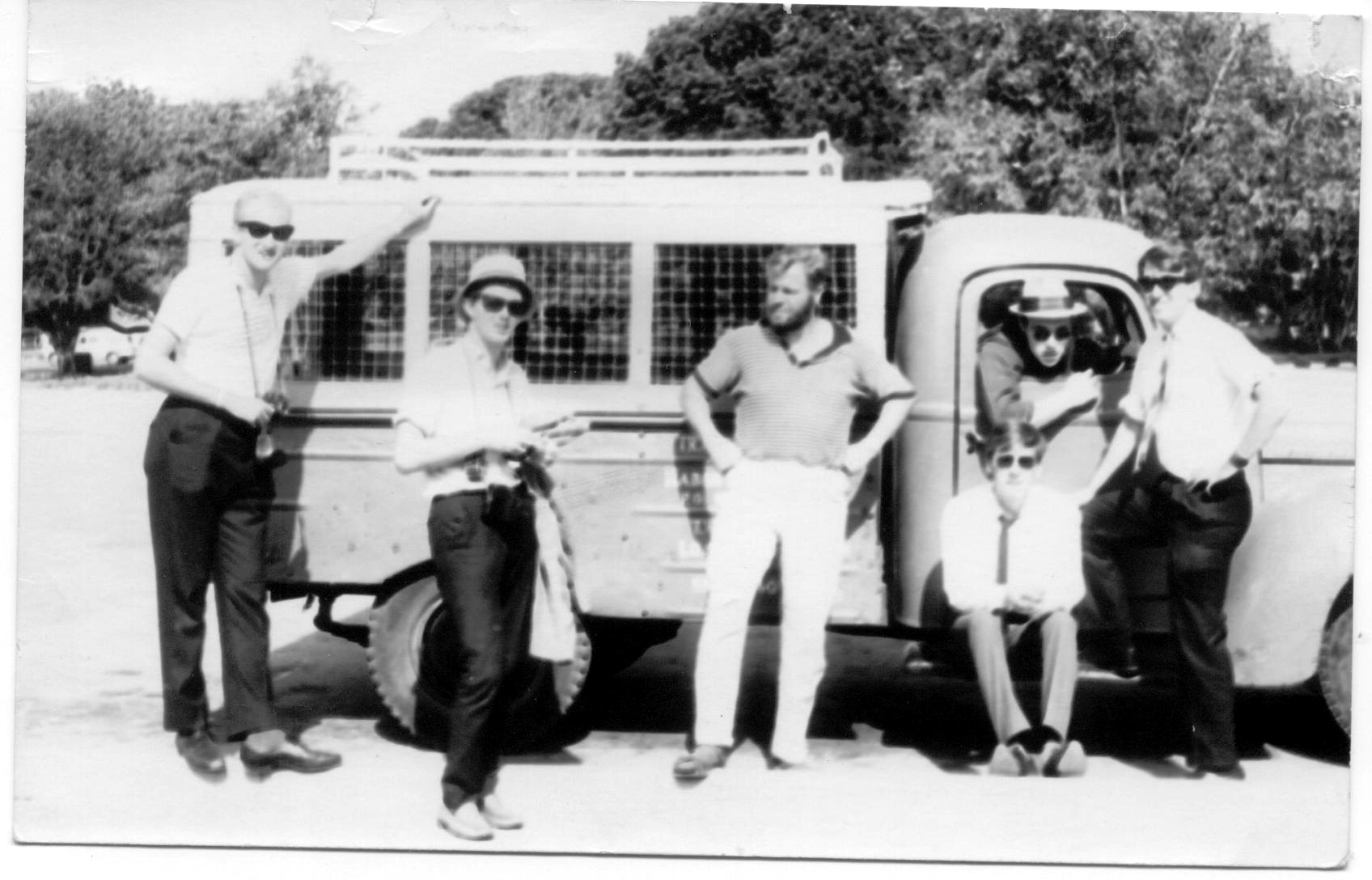The following is an example of writing which is restricted by the writer’s insistence on end-rhymes and rigid rhythm. One can get one’s meaning across more accurately and more interestingly by using words and phrases that blow freely in the wind,and create a figurative, imaginative language that might rhyme in different places but certainly flows smoothly and rhythmically.
Ta-rum ta-ra
As time goes by my memory’s fading
of dodgy deals and tax evading.
But I do recall a trip to France
on which I met a girl by chance.
In the cathedral of central Coutances,
known for its tourists and French élégance.
people went up and down the aisle
in a quietly subdued and respectful style.
All of a sudden I heard a girl sing
several verses of “Master and King”.
Contralto in pitch with little vibrato
top of the mouth and nothing staccato. etc….etc
Poems in this form were good in the old days
when reciting from memory was a desired
outcome, as in the following verse which helped
learners of Spanish who were about to sit an
O-level written exam.
Here is how the subjunctive functions:
with these adverbial conjunctions:
as if, without, in order that,
although, unless, provided that.
“¡Ojalá!” the Moors would cry
and doubt, command, forbid, deny,
avoid, permit, desiring too
and all emotions, here’s a few:
hope and fear and feeling sad
astonishment and feeling glad;
clause with “when” if future meaning,
clause with “if” unlikely seeming. etc. etc.
